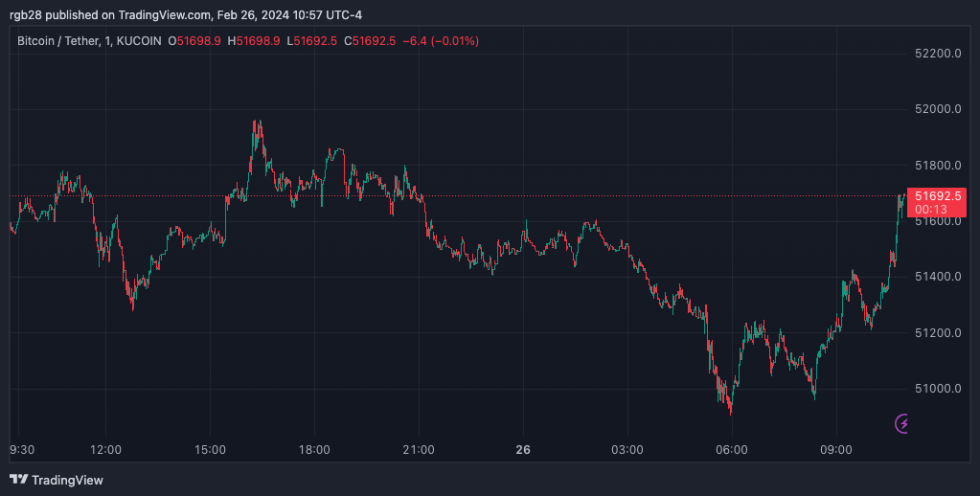Background
Since China’s crypto mining ban in 2021, the US has become a major hub for Bitcoin miners. However, regulatory agencies have been tightening their oversight of the industry. Last month, an emergency approval was issued for a survey to collect sensitive data from crypto mining companies operating in the US. This led to a lawsuit by several concerned parties.
EIA’s Response to the Lawsuit
In response to the lawsuit, the EIA Administrator offered to not enforce the survey requirement until March 22, 2024, and not impose fines or penalties for non-compliance before March 25, 2024. However, the court found this declaration insufficient.
Judge Grants Temporary Restraining Order
On February 23, Judge Alan Albright granted a Temporary Restraining Order (TRO) that prevents the EIA from forcing the plaintiffs to answer the survey and stops the agency from collecting data. The judge acknowledged the EIA’s willingness to pause the survey implementation temporarily, but found the declaration to be insufficient and expressed concerns about the lack of enforcement mechanisms.
Reasons for the TRO
The court considered the plaintiff’s evidence and found that they had shown sufficient supporting evidence to back their complaint that “immediate and irreparable injury, loss, or damage will result if a TRO is not issued.” The court considered the plaintiff’s three main sources of irreparable damage as credible, including the threat of prosecution for non-compliance and the enforcement to disclose sensitive information related to business strategies.
EIA’s Argument and the Court’s Response
The EIA argued that the estimated time for completion of the survey was under 30 minutes, and therefore the cost of compliance was too small to be considered. However, the court found this timeframe to be inaccurate and misleading.
Conclusion
The court found that the arguments and evidence presented during the hearing favored the grant of the TRO and that the “balance of harms” was sufficient for a restraining order.












